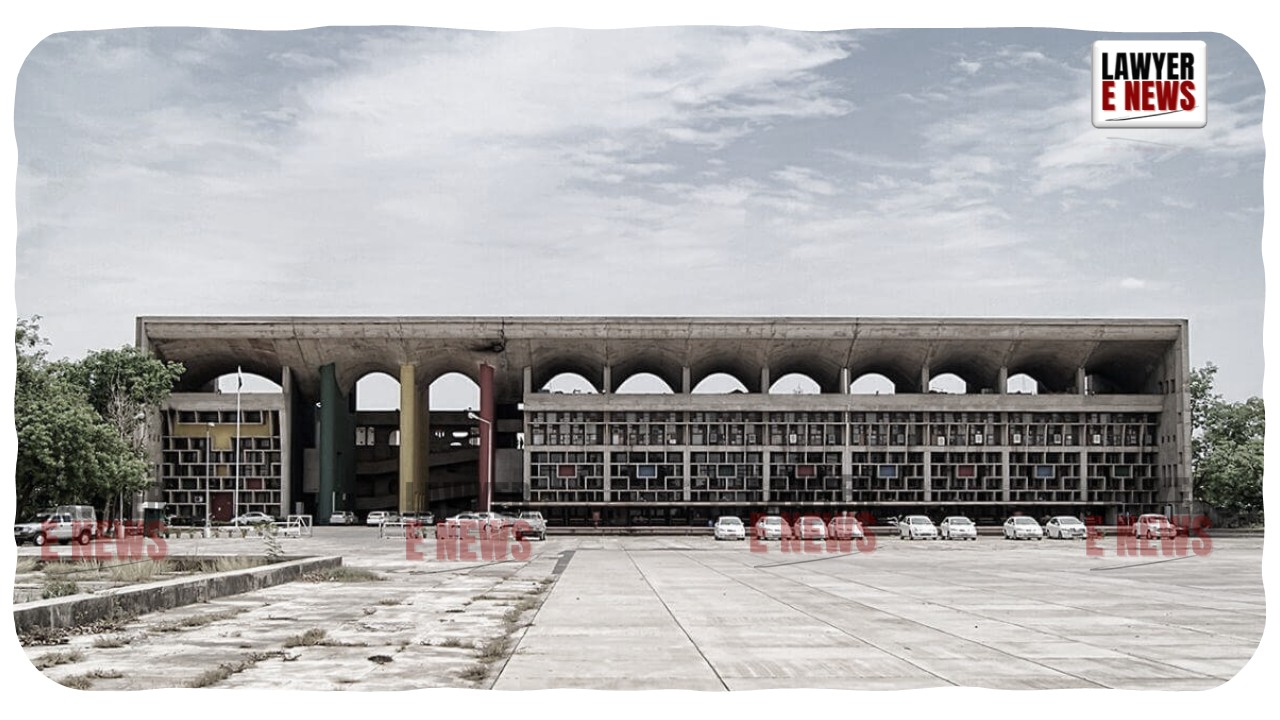-
by Admin
15 February 2026 5:01 PM



In a significant ruling, the Punjab and Haryana High Court quashed the order declaring Ravi a proclaimed offender (PO) under Section 82 of the Criminal Procedure Code (Cr.P.C.), 1973, and the subsequent criminal proceedings arising from it. Justice Sumeet Goel held that the procedural safeguards prescribed under Section 82 Cr.P.C. were not followed, rendering the proclamation proceedings legally unsustainable.
The Court observed, “The requirement of recording satisfaction that the accused has absconded or is concealing himself so that the warrant cannot be executed is mandatory and must be scrupulously complied with. Non-adherence renders the proclamation proceedings a nullity.”
Section 82 Cr.P.C. mandates specific procedural safeguards before an accused can be declared a proclaimed offender. Justice Goel emphasized, “Prior issuance of a warrant of arrest by the Court is a sine qua non for invoking proclamation proceedings under Section 82. Further, the Court must be satisfied, based on material before it, that the accused has absconded or concealed himself to evade arrest.”
In this case, the Court found that the Chief Judicial Magistrate, Kurukshetra, had failed to record satisfaction regarding the petitioner’s alleged absconding or concealment. Justice Goel remarked, “The Court cannot issue a proclamation as a matter of course based solely on a police report. There must be an independent prima facie assessment that the accused is evading arrest despite reasonable diligence.”
Referring to the procedural lapses, the Court stated, “No evidence was produced to show that the proclamation was publicly read in a conspicuous place in the petitioner’s village or that proper affixation was carried out at his residence and the courthouse. The serving official’s report was perfunctory and failed to meet the statutory requirements of Section 82(2) Cr.P.C.”
The Court held that the Magistrate’s failure to scrutinize the service report and ensure compliance with publication requirements under Section 82(2) rendered the proclamation invalid. The judgment underscored, “The provisions of Section 82 of the Code of Criminal Procedure, having serious ramifications qua the right of the accused, ought not to be invoked in a casual or cavalier manner. Non-compliance with the mandatory requirements vitiates the entire process.”
Justice Goel referred to the High Court’s earlier ruling in Sonu v. State of Haryana (2021), which held that “the proclamation must be read publicly, affixed at conspicuous places, and provide the accused at least thirty days to appear. These safeguards are not mere formalities but essential requirements of the law.”
The Court took note that the petitioner had appeared before the trial court on March 13, 2024, and was granted bail. Justice Goel observed, “The petitioner’s subsequent appearance and grant of bail render the continuation of proclamation proceedings unnecessary. Further pursuit of such proceedings would amount to an abuse of the process of law.”
The judgment further clarified, “Once an accused appears before the court and submits to its jurisdiction, the rationale for maintaining proclamation proceedings ceases to exist. The law does not permit redundant proceedings that serve no purpose other than harassment.”
Quashing Proclamation Proceedings to Prevent Abuse of Law
The Court exercised its inherent powers under Section 482 Cr.P.C. to quash the proclamation order and the consequent criminal proceedings. Justice Goel reasoned, “The continuation of proceedings stemming from an invalid proclamation order would constitute an abuse of the process of law and unjustly curtail the petitioner’s rights.”
The Court reiterated the principle articulated in G.J. Raja v. Tejraj Surana (2019), where the Supreme Court held, “Non-compliance with procedural safeguards under Section 82 cannot be treated as a mere irregularity; it renders the proceedings void ab initio.”
In quashing the proclamation order and the subsequent proceedings, the High Court declared:
“The order declaring the petitioner as a proclaimed offender and consequent proceedings are quashed due to non-compliance with mandatory procedural requirements under Section 82 Cr.P.C. The petitioner’s subsequent appearance and grant of bail further render such proceedings redundant.”
The petition was partly allowed, with all pending applications disposed of.
Decision Date: January 15, 2025
